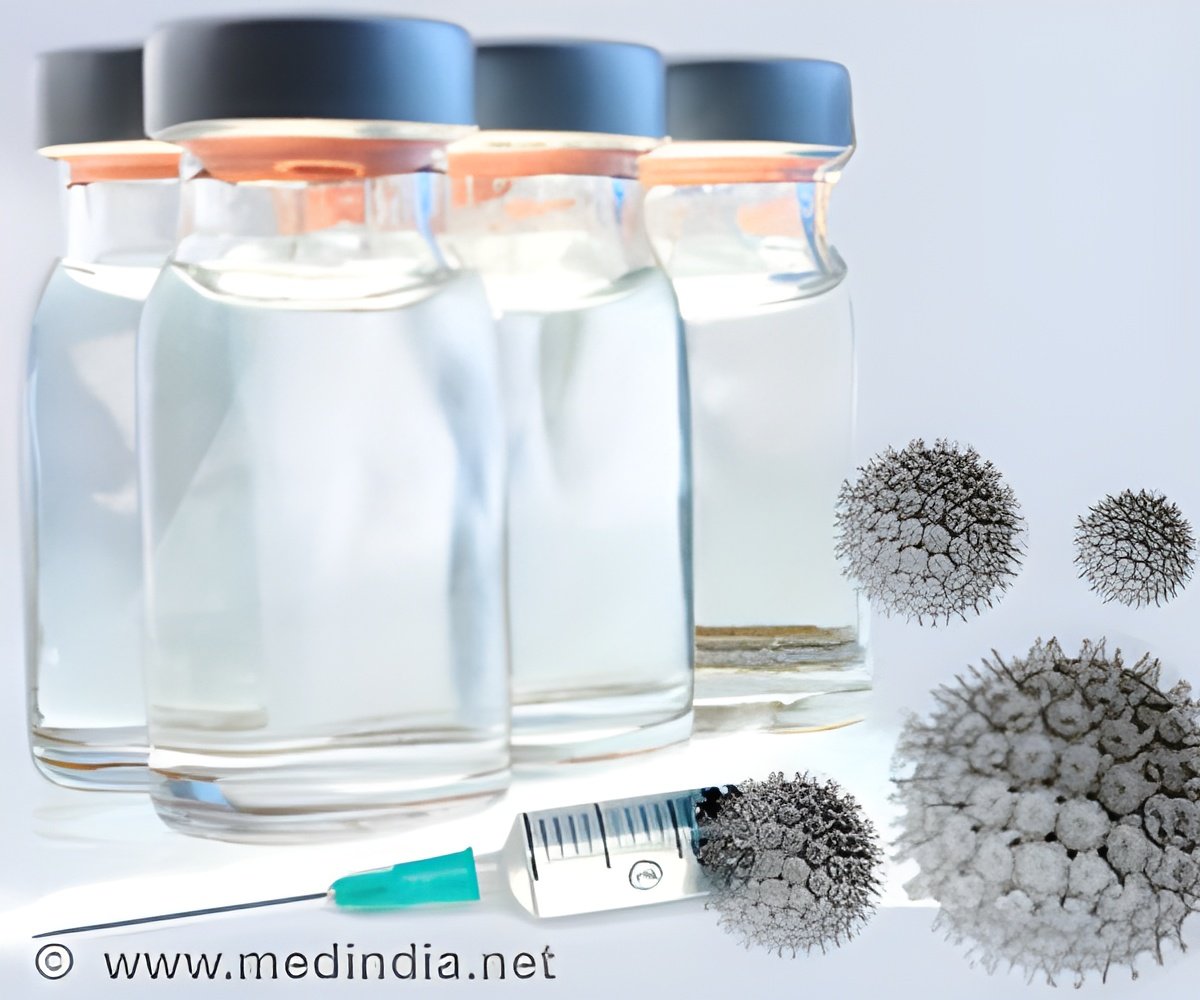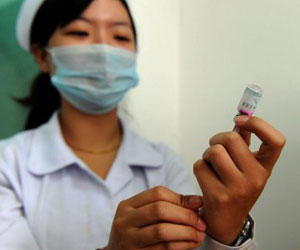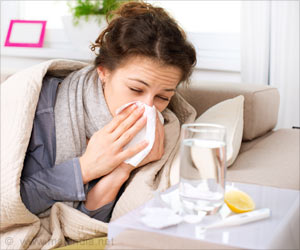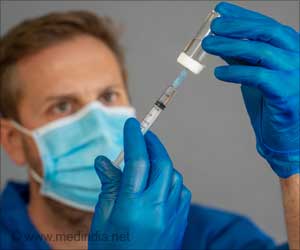When it comes to COVID vaccination, older adults should be given priority, stressed health experts. SARS-CoV-2 has caused a public health and economic crisis worldwide.

‘COVID-19 mortality rate is high in older adults. Hence they should be given preference as far as the vaccine is concerned.’





"As immunity is lower in older adults they are prone to Covid-19 and other a number of infections. Also, in many people co-morbidities like hypertension and diabetes develop with aging, which may lead to severity of such infections," Navneet Sood, Pulmonary Consultant, Dharamshila Narayana Superspeciality Hospital in New Delhi told IANS. A study, published in a journal Science, indicated that prioritising older adults with speed in rollout from current rates under current transmission conditions, Covid-19 mortality could be reduced by about 23 per cent, or 65,000 lives, over the next three months in the US.
"For essential workers who might be frustrated that they are not first, we hope this study offers some clarity. We realize it is a big sacrifice for them to make but our study shows it will save lives," said lead author Kate Bubar from the lead author Kate Bubar from the University of Colorado Boulder in the US.
For the study, the team drew on demographic information from different countries, as well as up-to-date data on how many people have already tested positive for Covid-19, how quickly the virus is spreading, how fast vaccines are rolling out and their estimated efficacy.
Then they modelled what would happen in five different scenarios in which a different group got vaccinated first -- children and teenagers; adults ages 20 to 49; adults 20 or older; or adults 60 or older (considering that about 30 per cent of those eligible might decline).
Advertisement
The authors also note that, while the vaccines being distributed now are believed to have about a 90 to 95 per cent chance of protecting against severe disease, researchers don't yet know how well they block infection and transmission.
Advertisement















